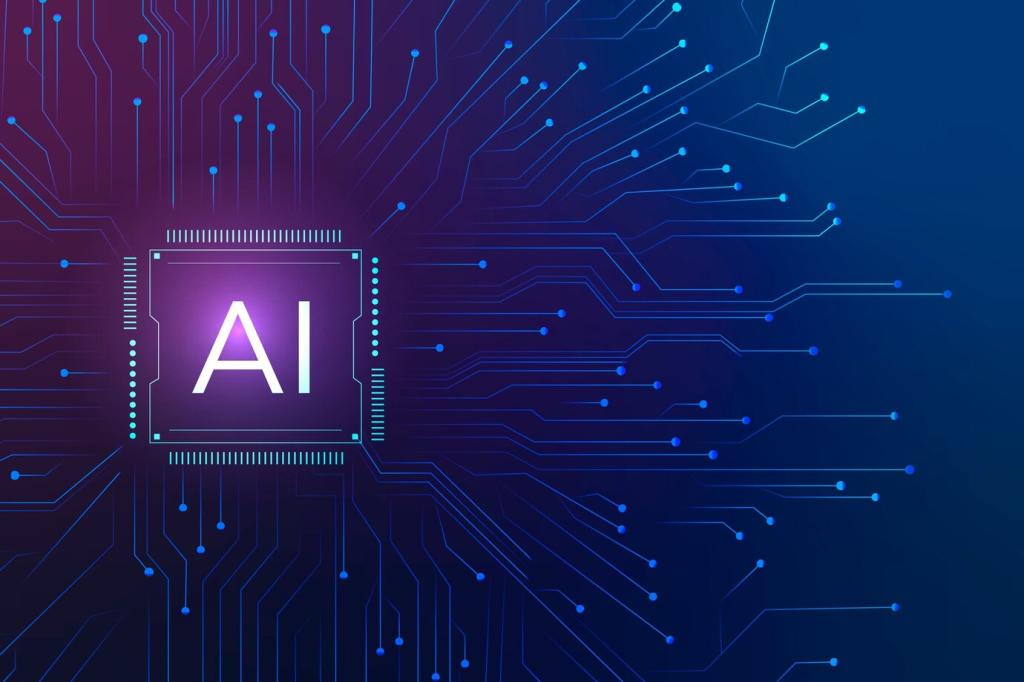The Role of AI in Revolutionizing Health and Wellness in 2025
Artificial Intelligence (AI) continues its remarkable transformation of health and wellness as we move into 2025. The integration of AI technologies into healthcare systems, personal wellness tools, and research methodologies is reshaping the industry’s landscape. With advanced algorithms, data analytics, and machine learning-driven insights, the roles of diagnosis, treatment planning, personalized medicine, and prevention are being redefined. This transformation not only empowers healthcare professionals and researchers but also places unprecedented control and resources in the hands of individuals seeking to optimize their well-being. Let’s explore how AI is setting new standards and unlocking possibilities in health and wellness for the year 2025.
AI-Driven Personalized Healthcare
Predictive Diagnostics and Early Intervention
Real-Time Health Monitoring and Alerts
Personalized Treatment Recommendations
Empowering Preventive Medicine and Wellness
Personalized Wellness Plans and Coaching
Proactive Health Risk Assessments
Mental Health Support and Digital Therapy

